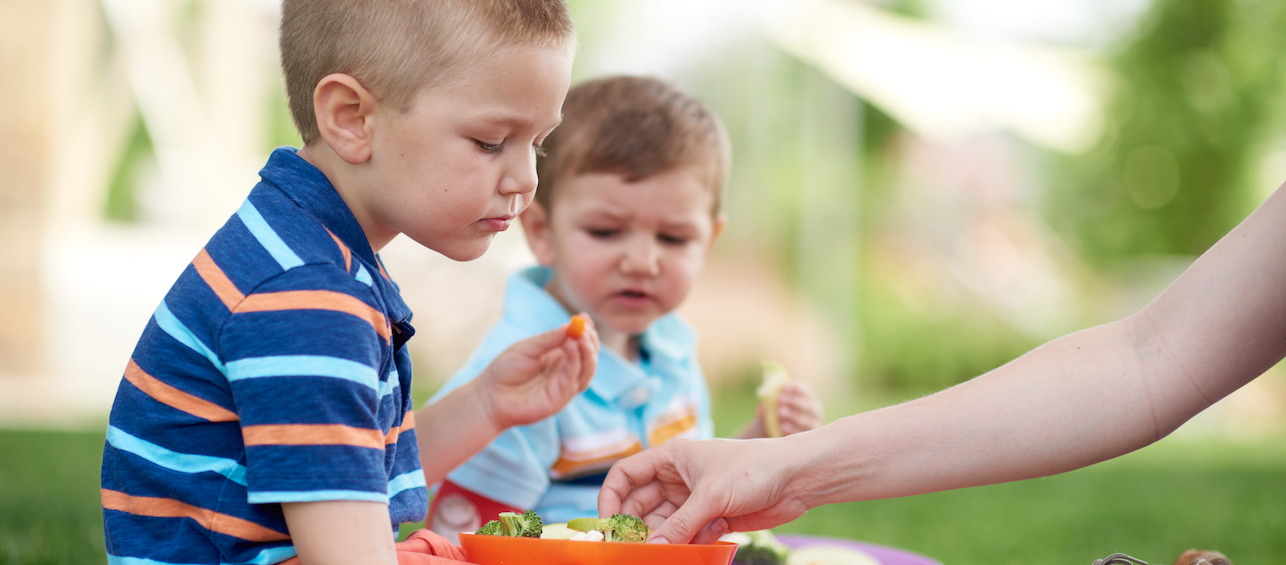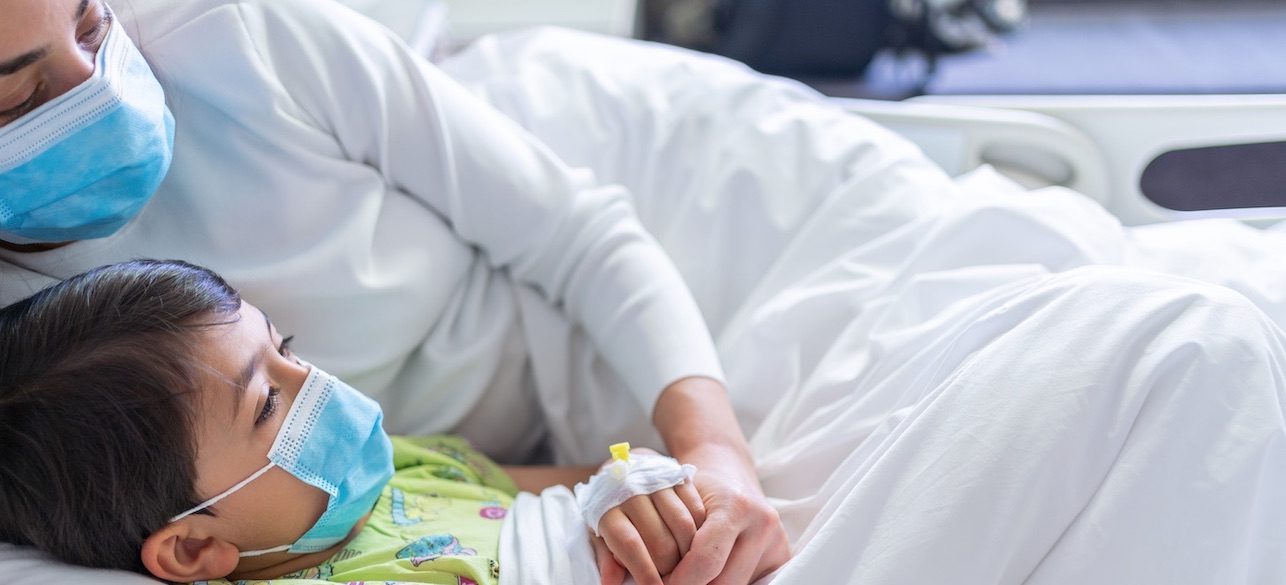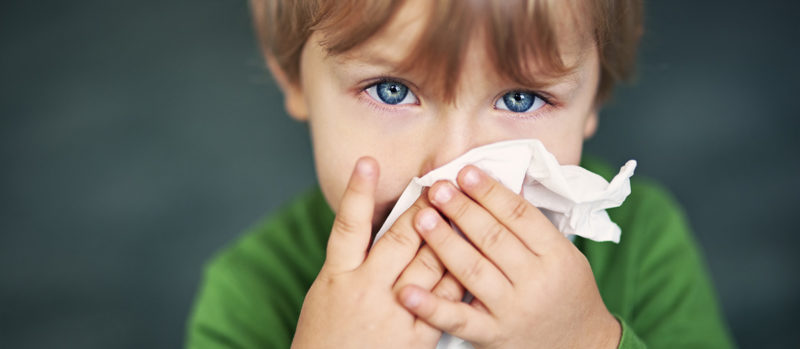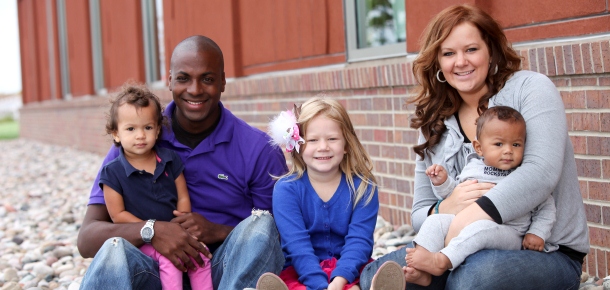As you’ve likely heard in the news, monkeypox cases have recently been reported in our region, and pediatric cases have been reported elsewhere in the United States. Because of this, we are sharing this Q&A for parents of what you should know about the symptoms and spread of monkeypox.
Perhaps the most important thing for parents to understand about monkeypox is that its transmission and prevention are very similar to diseases with which you are already familiar. The way you prevent routine childhood infections like MRSA (Methicillin-resistant Staphylococcus aureus), lice, or molluscum contagiosum are the same for monkeypox. Namely, avoid contact with others’ rashes, wash hands, clean surfaces like gym equipment, and contact your provider at the first sign of a rash.
WHAT IS MONKEYPOX?
Monkeypox is a rare disease caused by infection with the monkeypox virus. The disease does not spread easily between people, so the risk to most people is very low. Monkeypox is nearly always a mild illness. However, it can be painful as a result of a rash that usually appears one to two weeks after exposure, also sometimes with flu-like illness.
HOW IS MONKEYPOX SPREAD?
Monkeypox is primarily spread through direct skin-to-skin contact. Casual contact will not lead to transmission, and it is thought to happen mostly through prolonged and intimate contact.
Monkeypox is spread from person to person by:
- Direct contact with an infectious rash, scabs or body fluids.
- Close physical contact with someone who has the virus, such as kissing, cuddling or having sex.
- Touching objects or fabrics (such as clothing or linens) that have touched the rash or body fluids of someone with monkeypox.
- Being scratched or bitten by an animal that carries the virus.
- Prolonged, close face-to-face contact with someone who has the virus.
- Pregnant people can spread the virus to their baby through the placenta.
Monkeypox can be spread to anyone, by anyone, regardless of their age, race, ethnicity, gender or sexual orientation.
WHAT ARE MONKEYPOX SYMPTOMS?
Monkeypox symptoms can include:
- Flu-like symptoms such as fever, headache, muscle aches and backache, sore throat, cough, swollen lymph nodes, chills, or exhaustion. Symptoms typically appear within 1-2 weeks of exposure.
- Rash 1-4 days after symptoms start that resembles pimples or blisters that appear on the face, inside the mouth, and on other parts of the body. If no rash develops by day 5, the individual does not have monkeypox.
Monkeypox isn’t considered a sexually transmitted disease, but the current U.S. outbreak has been recognized in people who reported some level of recent sexual activity, particularly men who have sex with men.
Most cases to date have been in adults who have not required hospitalization. However, the disease can be especially serious for those who are immunocompromised, have a history of atopic dermatitis or eczema, or are pregnant, as well as children under age 8.
It’s important to note that cases in children have been extremely rare. If you or your child has symptoms of monkeypox or notice a new or unexplained rash, stay home, isolate from others and call your doctor.
HOW IS MONKEYPOX TREATED?
People who have been exposed to monkeypox and are at high risk of severe disease may be able to receive treatment or vaccine. However, both are in very short supply and available only through special request from public health and the CDC. Both the antiviral medicine (TPOXX) and the vaccine (JYNNEOS) were developed for smallpox. According to the CDC, data is not yet available on how effective they are against monkeypox and in the current outbreak.
HOW CAN WE AVOID MONKEYPOX?
- Wash your hands often with soap and water or use an alcohol-based hand sanitizer.
- Avoid close, skin-to-skin contact with people who have a rash that looks like monkeypox.
- Avoid touching the bedding, towels or clothing of a person with monkeypox.
The CDC is monitoring and working to contain the current 2022 outbreak of monkeypox. For more information, visit the CDC’s website.




